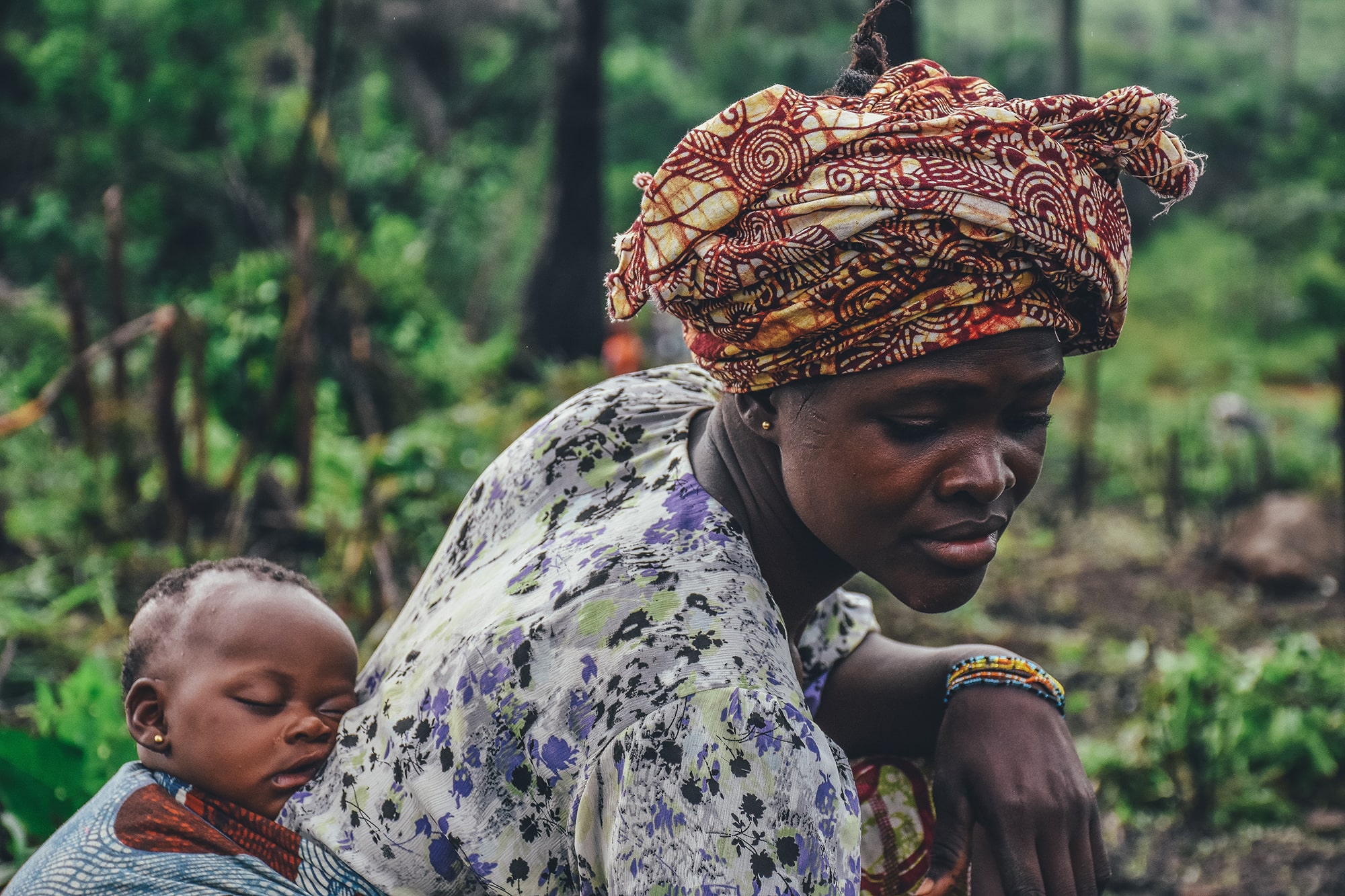Why Fun Matters for Tanzania's Children
In the serious business of international development, we sometimes overlook something fundamental: the transformative power of play. At the I Want to Be Foundation; we’ve witnessed firsthand how structured play creates ripple effects that extend far beyond moments of laughter.
On a recent visit to a community outside Arusha, I watched as children engaged in a simple game of “Simba Says” (Tanzania’s version of “Simon Says”). The facilitator, trained through our Mtoto Salama program, wasn’t just leading a game—she was building essential life skills.

More Than Just Fun
Play does something remarkable for children who have experienced trauma or adversity. It creates a safe space where they can:
- Process complex emotions in manageable doses
- Practice decision-making without fear of dire consequences
- Develop resilience by facing challenges in controlled environments
- Build social connections that combat isolation
One boy, Faraji, initially stood at the edge of the circle, arms crossed, expression guarded. Having lost both parents last year, he rarely engaged with other children. By the end of the hour, he was laughing and taking his turn as the “Simba” leader.
The Science Behind the Smiles
Research increasingly confirms what we observe on the ground. Play activates neurological pathways that help repair trauma’s damage, improving cognition and emotional regulation. For children from difficult backgrounds, structured play creates what experts call “islands of competence”—experiences that build self-efficacy and hope.
A 2022 study from the University of Dar es Salaam found that children who participated in regular guided play activities showed a 40% improvement in emotional regulation over six months compared to peers who didn’t have access to such programs.
The Challenge: Play as a Priority
Despite the evidence, play is often the first element cut when resources are limited. Many well-meaning programs focus exclusively on “serious” interventions while overlooking this foundational need.
This perspective misses something crucial: for children who’ve known primarily hardship, the ability to play represents healing in action. It’s not a luxury—it’s essential infrastructure for cognitive and emotional development.
Building Tomorrow Through Play Today
At the I Want to Be Foundation; we’ve integrated structured play across all six of our programs:
In our Nyumba ya Tumaini homes, “play corners” provide safe spaces for emotional expression.
Our Kesho Bora schools incorporate play-based learning that makes education engaging rather than intimidating.
Even our Amka Youth Leadership Academy uses game-based activities to teach complex concepts like financial literacy and conflict resolution.
How You Can Help Build Playgrounds of Possibility
When you support the I Want to Be Foundation, you help us incorporate play as a core element of children’s recovery and growth. From training caregivers in play-based trauma recovery techniques to building actual playgrounds in communities where safe spaces are scarce, your contribution creates literal and figurative room for childhood to flourish.
After all, play isn’t just what children do—it’s how they learn to become who they’re meant to be.
Social Chat is free, download and try it now here!